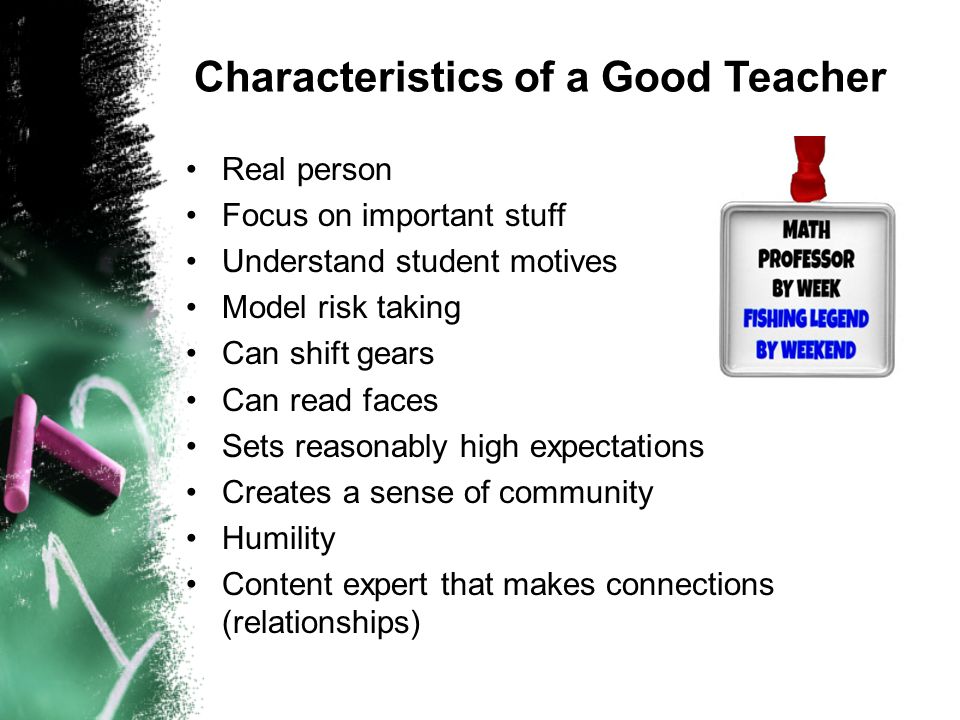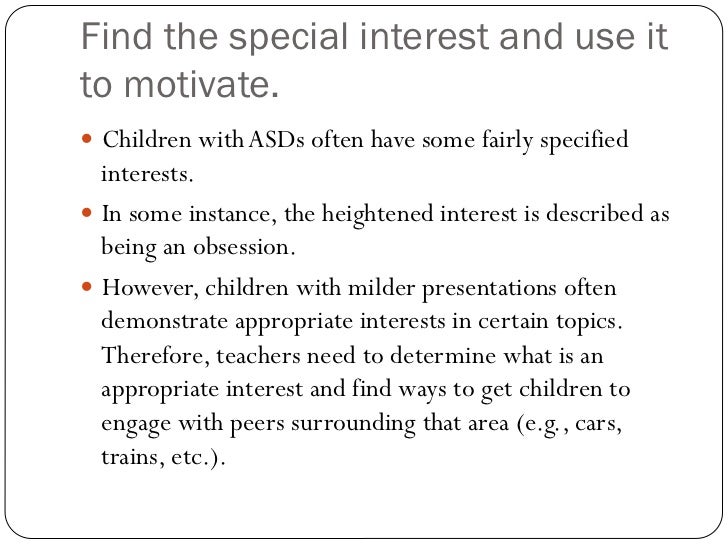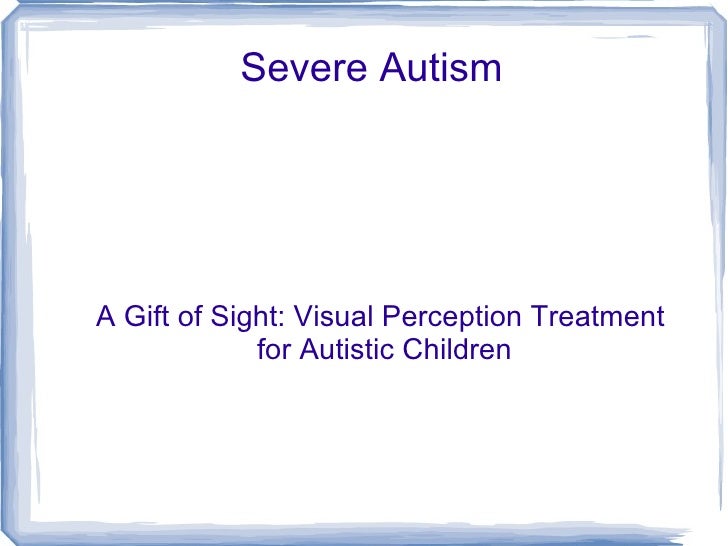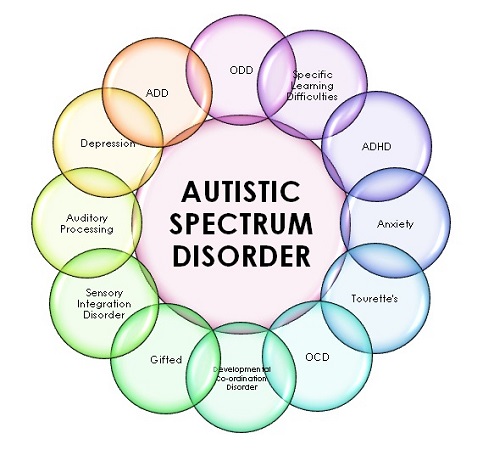This week I read Wish by Melina Gerosa Bellows pages 1-141. In my reading I did not come across any words I was unfamiliar with so instead I found a list of words and phrases that are key to know about Autism.
Echolalia
This is the repeating of sounds, words, or phrases. People who “echo” may not always be able to communicate effectively or express their own thoughts, but they parrot back what they have heard. If asked a question, they might repeat the question, and not answer the question.
Scripting
The repetition of words, phrases, intonation, or sounds of the speech of others, sometimes taken from movies, but also sometimes taken from other sources such as favorite books or something someone else has said. Echolalia is sometimes referred to as scripting.
Perseveration
Repeating or persisting with an action or behavior after the stimulus that prompted it has ceased. To perseverate is to become stuck on something and to not be able to mentally shift gears.
Transition
A change from one environment or activity to another. Transitions can be hard for a person with autism. It sometimes helps if warnings are given before a transition.
Meltdown
Often mistaken as temper tantrums, meltdowns are common with people who have autism and are typically not anger-infused. Instead, it is the body’s way of reacting to a confusing or over-stimulating situation. Meltdowns can be loud or they can be very quiet.
Stimulatory behavior (Stimming)
Repetitive behavior, such as the spinning of objects, vocal echoes, or other repetitive actions, that people with autism commonly partake in to alleviate the stressors of overstimulation.
Elopement
To leave without permission or without letting others know where you are going, and without processing the dangers/risks involved in leaving. Elopement is a great concern in the autism community.
Savant
To have detailed knowledge in a specialized field. A small percentage of people with autism are savants. Savants may have many different skills not specific to one field.
Prosody
The rhythm and melody of spoken language. Prosody is shown in the rate, pitch, stress, inflection, and intonation used in our speech. People with autism have a harder time with intonation, and can often be more monotone or speak in a singing voice.
Comorbidity
The simultaneous presence of two chronic diseases or conditions in a patient. Many things are often comorbid with autism, including epilepsy and obsessive-compulsive disorder (OCD)
Sensory processing disorder (SPD)
A neurological condition that exists when sensory signals are not adequately processed in order to appropriately respond to the demands of the environment. For example, many people with sensory processing disorder are highly sensitive to fabrics and certain food textures.
How the terms and phrases relate back to the book...
To relate these terms back to the book, Bobby experiences many of these things. For example, Bobby can only wear flannel because he had a sensory processing disorder which makes him especially sensitive to rough fabrics. He also speaks in prosody and scripting by relaying quotes from shows and songs he likes and dislikes to express his emotions and mood. Bobby also suffers from epilepsy which is known as a comorbidity, the presence of two chronic conditions. Bobby's Autism is classified as severe which is explained in the diagram below.
 |
| Source: discovermagazine.com |
The words and definitions listed above are all from the website https://www.wrtsfranchise.com/autism-terms/



 Another thing about this book which makes it more personal to Christopher's life is the use of drawings and diagrams. Throughout the book the author adds pictures of the things Christopher is seeing and experiencing to make it feel as if you are there with him. In addition to adding to the ability for the reader to connect to the book, it also shows some of the ways in which he thinks differently than other people. Christopher has a different brain than other people, he has a nearly photogenic memory and can do complex things all in his head such as advanced math or even creating maps. To show some of his skills the book includes illustrations of some of the things he does in hid mind and some of the things he sketches. Below is an example of one of the maps he made while visiting the zoo. He did not complete this while he was there rather off his memory afterwards.
Another thing about this book which makes it more personal to Christopher's life is the use of drawings and diagrams. Throughout the book the author adds pictures of the things Christopher is seeing and experiencing to make it feel as if you are there with him. In addition to adding to the ability for the reader to connect to the book, it also shows some of the ways in which he thinks differently than other people. Christopher has a different brain than other people, he has a nearly photogenic memory and can do complex things all in his head such as advanced math or even creating maps. To show some of his skills the book includes illustrations of some of the things he does in hid mind and some of the things he sketches. Below is an example of one of the maps he made while visiting the zoo. He did not complete this while he was there rather off his memory afterwards.













